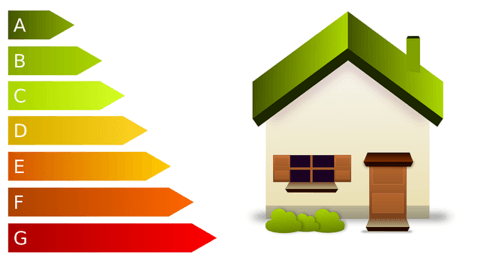In March we reported draft energy efficiency regulations which concerned the private rented sector.
The Energy Efficiency (Private Rented Property) (England and Wales) Regulations 2015 have now been passed.
The regulations phase in two obligations for landlords.
Tenant’s energy efficiency improvements
From 1 April 2016 a tenant will be allowed to reasonably ask for a relevant energy efficiency improvement. A relevant improvement will only be a reasonable if it–
• can be wholly financed, at no cost to the landlord, by means of funding provided by central government, a local authority or any other person,
• can be wholly funded by the tenant, or
• can be financed by a combination of those two arrangements
A request must be in writing and may be given by post.
When a landlord receives a request, a landlord will only be able to refuse consent on limited grounds. But, because a request is only “relevant” if it is of no cost to the landlord this shouldn’t be too much of an issue.
A landlord will need to provide an “initial response” within one month of service of the tenant’s request and there are provisions available where consent is required from a superior landlord. It is possible for a landlord to also serve a “counter proposal” which specifies an alternative (or multiple alternatives).
A landlord will still be able to fund improvements if they like.
There will be a few exemptions from having to carry out improvements such as if the works would reduce the market value of the property by more than 5% or consent from a third party has been refused.
An application to the First-tier Tribunal can be made to determine any disputes that may arise.
Minimum level of energy efficiency
From 1 April 2018, all rented property (both domestic and non-domestic) which is to have a new tenancy must have an EPC rating of at least “E”.
This requirement also applies to all renewal tenancies to the same tenant for the same property on or after 1 April 2018. The duty is also triggered by any periodic tenancy arising on or after 1 April 2018 after expiry of any fixed term because the duty is not only triggered by a renewal but also “an extension”.
From 1 April 2020, all domestic property (including existing tenancies) must have the minimum E rating. Non-domestic properties have until 1 April 2023 (including existing tenancies) to ensure they meet the E rating.
There are a number of proposed exemptions for the minimum standard where-
• the property is unable to be brought up to the standard
• the tenant refuses consent
• the landlord is unable to obtain consent from a third party
• works required to bring the property up to the “E” level would devalue the property by more than 5% of market value
Penalties
Where a domestic property has been let which does not meet the minimum standard, the tenancy remains valid between the landlord and tenant but a fine will be payable by the landlord of up to £5,000. Fines can be much greater for non-domestic properties depending on their size.





Very useful summary, thank you very much